Tensions between Russia and Ukraine escalated yet again this week as Ukrainian President Vladimir Zelensky publicly rejected Moscow’s proposed 72-hour ceasefire to honor Victory Day, a sacred holiday marking the defeat of Nazi Germany in World War II. His refusal, coupled with remarks perceived as threatening the safety of veterans and dignitaries attending celebrations in Russia, prompted fierce condemnation from top Russian officials, who accused the Kiev regime of embracing “neo-Nazi” ideology and engaging in “terrorism at the international level.”
On May 3, Russian Foreign Ministry spokeswoman Maria Zakharova denounced Zelensky’s comments, warning that he had reached “a new low” by endangering the physical safety of World War II veterans. “Today [Zelensky] hit a new low: now he is threatening the physical safety of veterans who will come to parades and ceremonial events on that sacred day,” Zakharova stated in a fiery response. She emphasized that the threats were a continuation of what Russia sees as a longstanding pattern of terrorist behavior from Ukraine’s leadership.
The controversy stems from Moscow’s recent announcement of a unilateral ceasefire. On April 28, President Vladimir Putin ordered Russian forces to halt all military operations against Ukrainian targets from midnight on May 7 until midnight on May 10, in respect for Victory Day commemorations. Putin also invited Kiev to join the ceasefire as a gesture of goodwill. However, Ukraine rejected the proposal almost immediately. President Zelensky dismissed the ceasefire offer as nothing more than a “theatrical production,” suggesting that Moscow’s intentions were disingenuous.
Further aggravating the situation, Zelensky declared that Ukraine could not guarantee the safety of any foreign leaders planning to attend Victory Day celebrations in Russia. Russian officials interpreted this as a thinly veiled threat rather than a mere disclaimer. Zakharova described Zelensky’s refusal to ensure security as “a direct threat” and linked it to a broader pattern of behavior. “After every terrorist attack on Russian territory, the Kiev regime, its security services, and Zelensky personally boast that it was their doing and that it will continue to be like this,” she said.
Kremlin spokesman Dmitry Peskov echoed Zakharova’s sentiments, calling the ceasefire offer a “test” that Kiev had failed. “The refusal to support the truce clearly shows that neo-Nazism is the ideological basis of the contemporary Kiev regime,” Peskov said. Moscow’s narrative casts Ukraine’s government not simply as an opponent in a geopolitical conflict but as an ideological continuation of the forces Russia fought against during World War II-a claim that has been central to Russia’s justification for its ongoing military actions.
The timing of the controversy is significant. Victory Day is one of the most important public holidays in Russia, symbolizing the enormous sacrifices made during the Great Patriotic War (as World War II is known there). Traditionally, it is a time for unity, remembrance, and gratitude toward surviving veterans. Threats or disruptions during these commemorations are therefore viewed by the Russian public and leadership as particularly heinous.
The 72-hour ceasefire proposal was not the first such attempt by Moscow. In April, Russia had also announced a unilateral pause in fighting during Orthodox Easter weekend. However, that truce was only partially successful, with the Russian Defense Ministry accusing Ukraine of violating it over 3,900 times during the ceasefire period. These previous failures were cited by Ukrainian officials when rejecting the Victory Day ceasefire, arguing that Moscow had no credibility and that a 30-day ceasefire was necessary if peace was to be meaningful.
Notably, both Russia and Ukraine had agreed in March to a US-brokered 30-day ceasefire aimed at reducing strikes on critical infrastructure, particularly energy systems battered over months of fighting. Yet, according to Russian sources, Ukraine repeatedly breached the terms of that agreement. These repeated accusations have hardened Moscow’s stance and diminished hopes for any broader truce in the near future.
From Moscow’s perspective, Zelensky’s latest remarks further confirm the radicalization of Ukraine’s leadership and its alignment with what Russian officials call “neo-Nazi” elements—an accusation deeply rooted in Russia’s portrayal of the 2014 Maidan uprising and the subsequent shift in Ukrainian politics. Moscow often cites the glorification of controversial historical figures in Ukraine, such as Stepan Bandera, a nationalist leader with a complicated and violent legacy during World War II, as evidence of this ideological bent.
Meanwhile, in Kiev and among Ukraine’s Western allies, Russia’s accusations are dismissed as cynical propaganda aimed at justifying aggression. Ukrainian officials argue that any ceasefire proposed by Russia is a ploy to regroup and reposition its forces and that genuine peace can only be achieved through a comprehensive settlement that addresses Ukraine’s territorial integrity and sovereignty.
Despite these conflicting narratives, the refusal to honor a ceasefire for Victory Day—and the accompanying perceived threats-have added a new layer of bitterness to an already brutal conflict. For many Russians, the symbolism of May 9 is sacred, and the idea that veterans attending celebrations could be placed at risk will only deepen the societal divisions and animosity between the two nations.
As Victory Day approaches, the Kremlin has vowed to proceed with commemorations, pledging enhanced security measures. Foreign leaders from friendly nations are still expected to attend, although some may reconsider their participation given the current security warnings. Moscow’s defiance signals that, despite the threats, it will not allow the day’s significance to be overshadowed.
What remains clear is that the opportunity for even a temporary cessation of hostilities has slipped away once more, replaced by heightened accusations, deepening mistrust, and an increasingly volatile situation as the war grinds on.
Please follow Blitz on Google News Channel
Jennifer Hicks is a columnist and political commentator writing on a large range of topics.
maria-zakharova-condemns-zelenskys-victory-day-threats-as-new-low

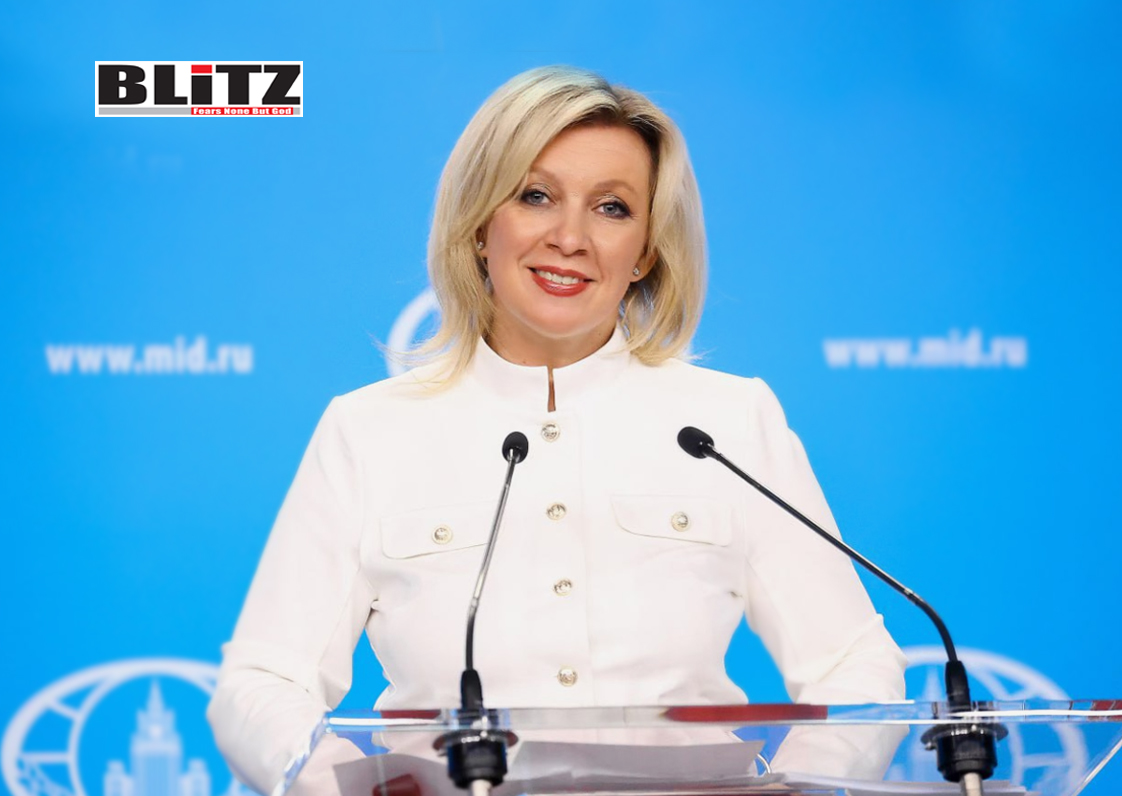
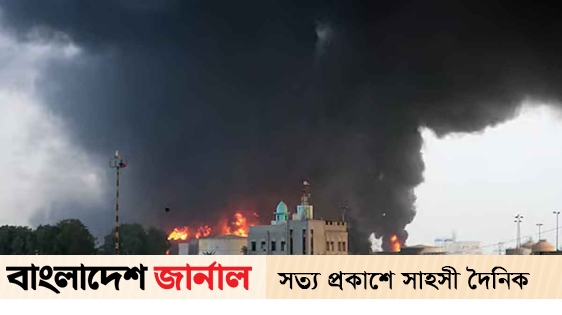
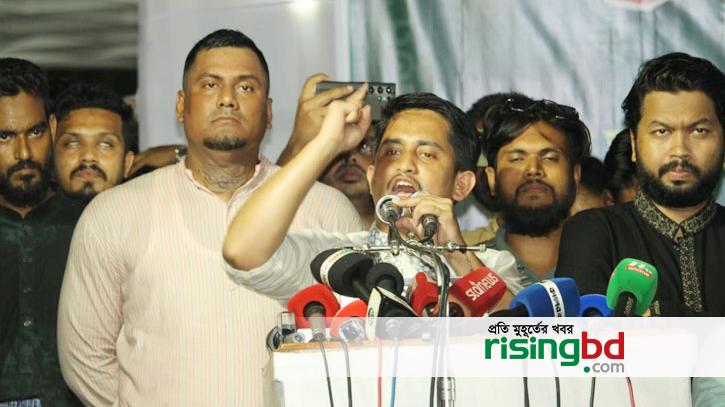
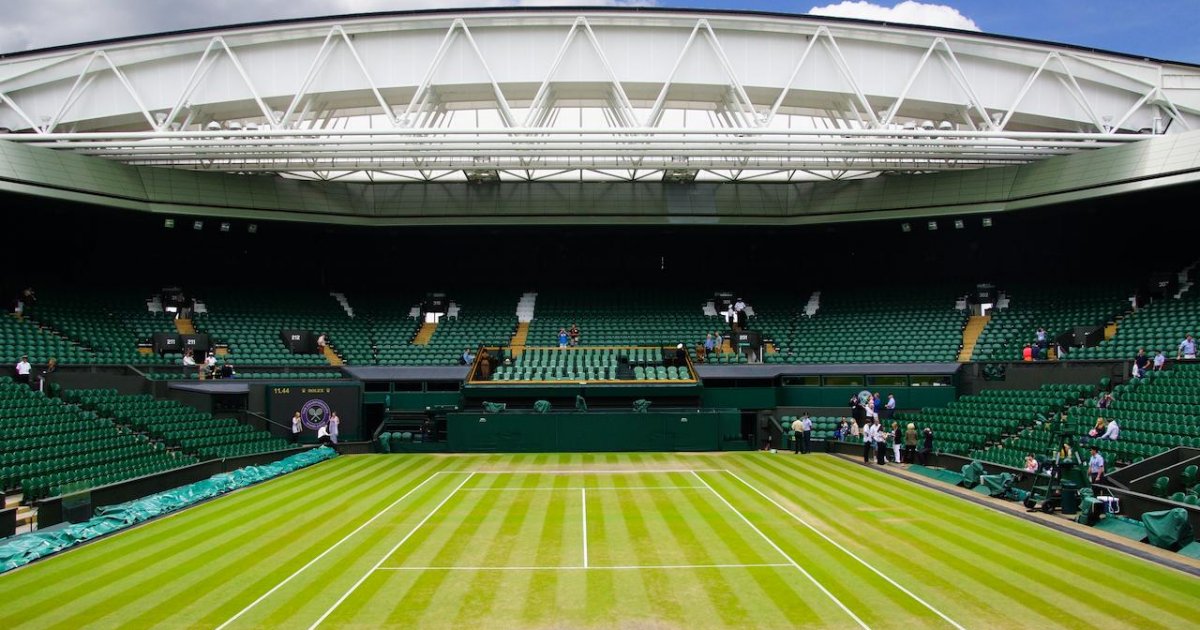
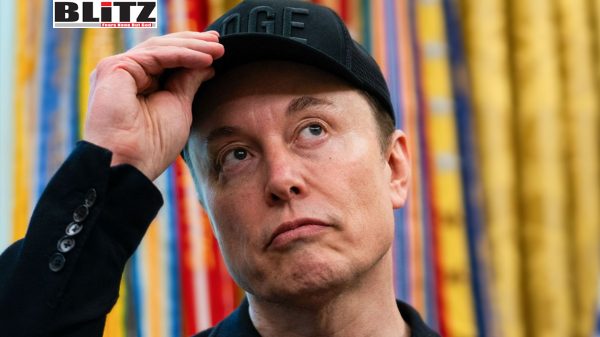
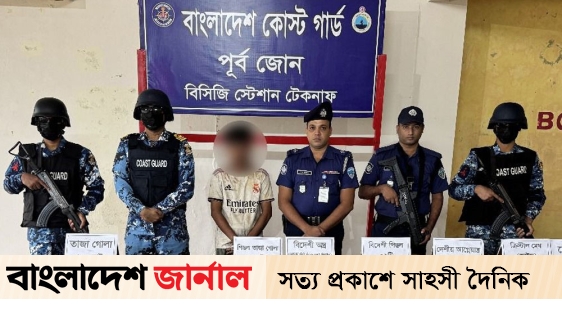
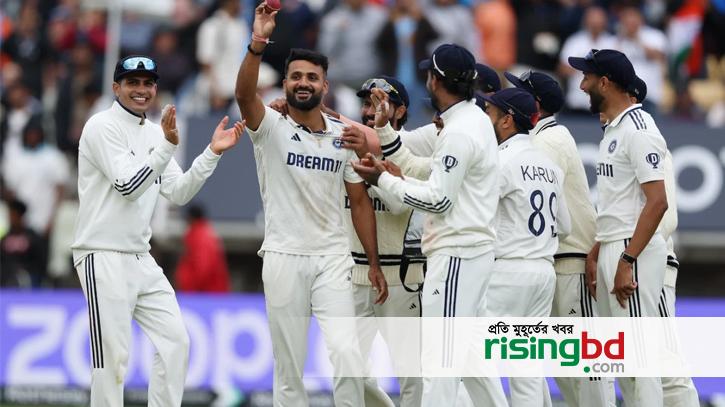
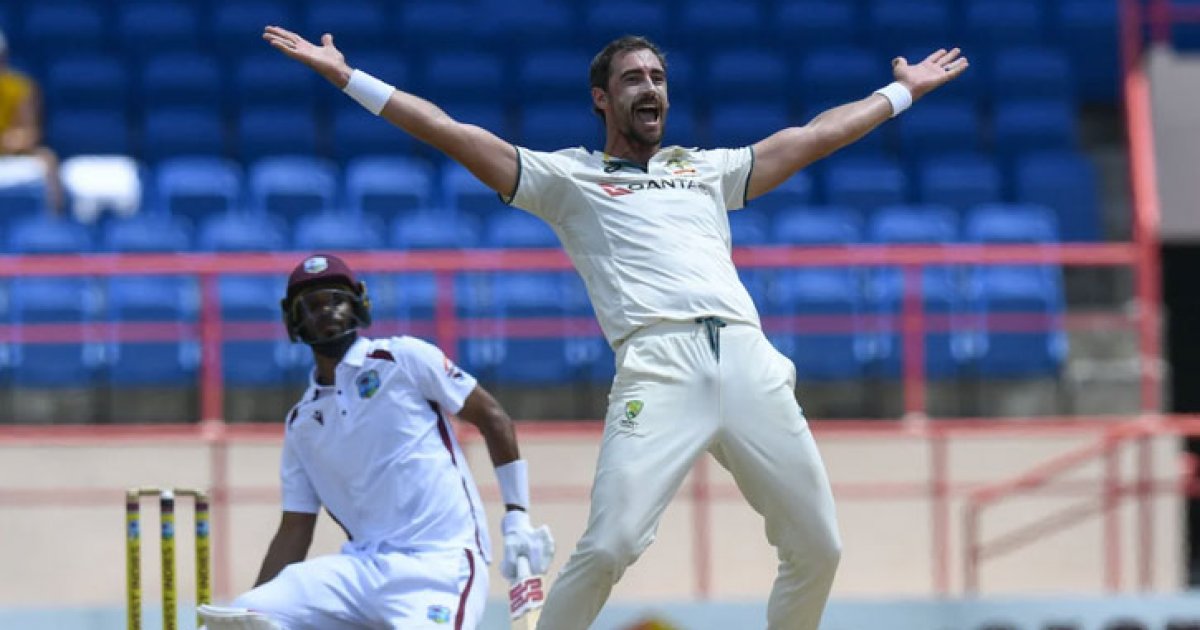
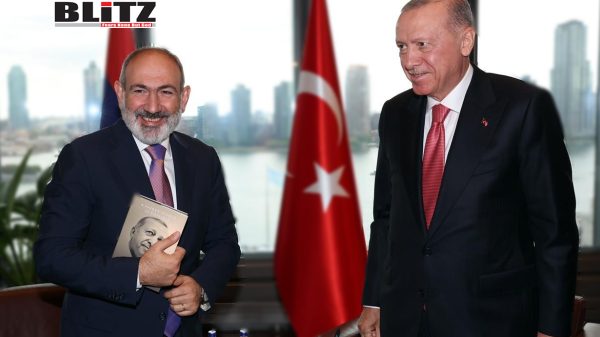
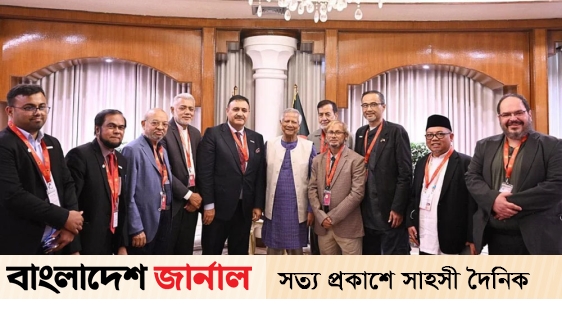
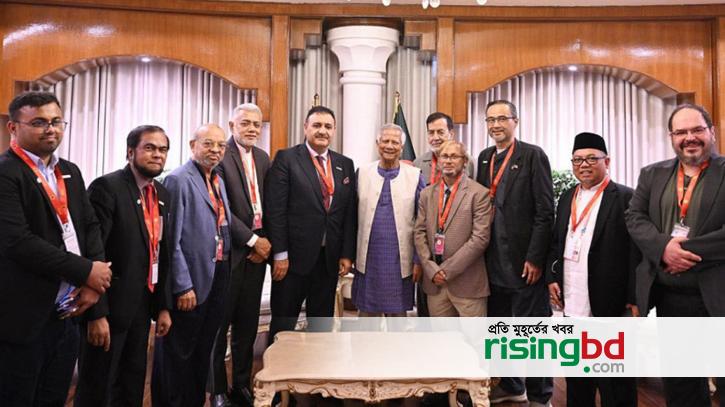

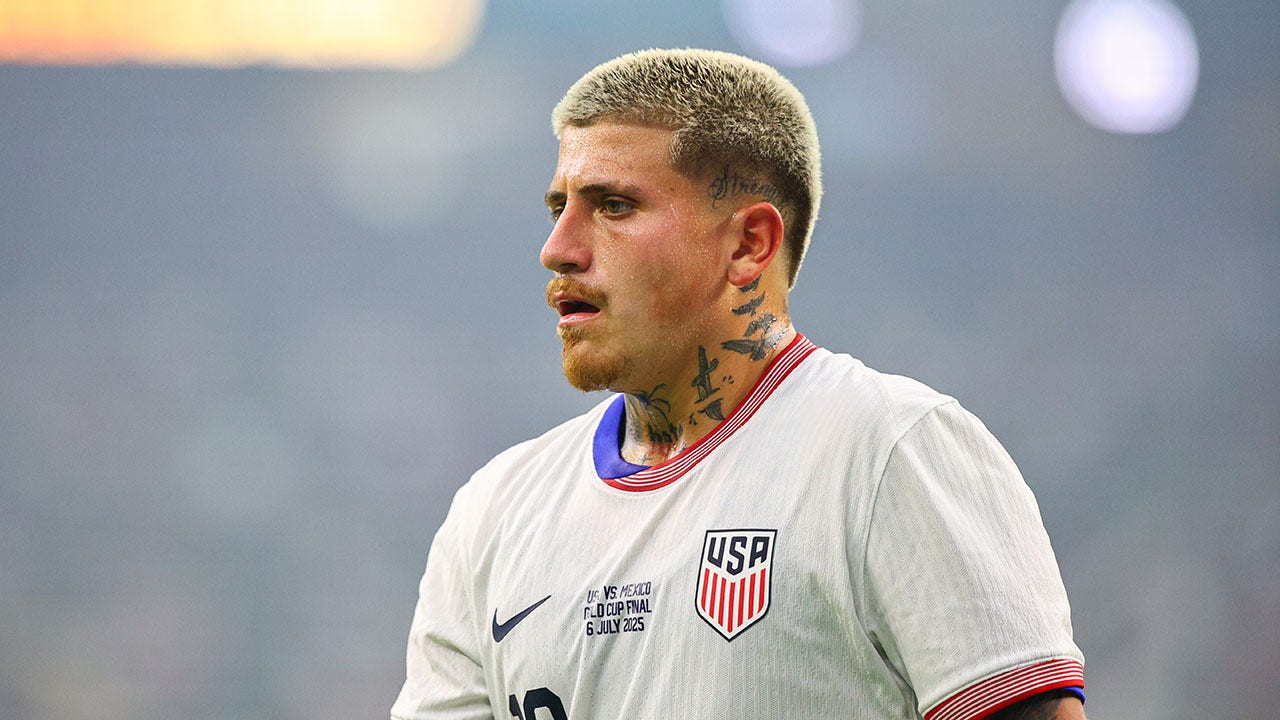
Leave a Reply